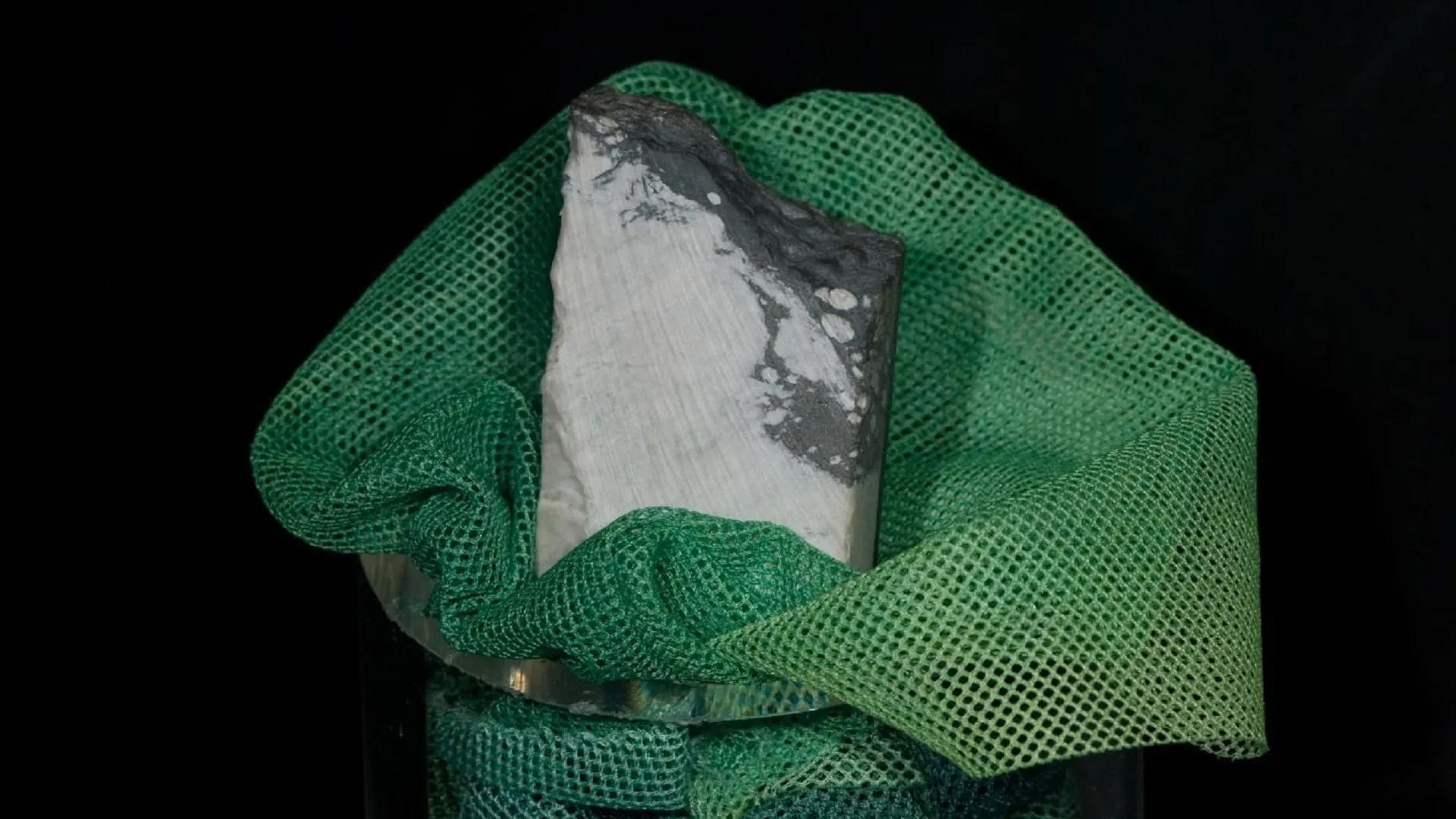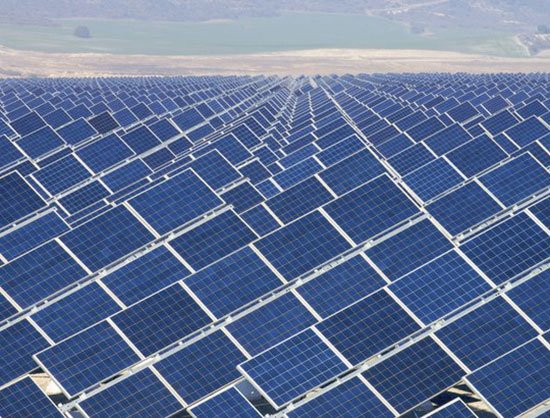Jadarite, a mineral discovered in Serbia’s Jadar Basin by Rio Tinto in 2004, has emerged as a potential key resource for Europe’s electric vehicle (EV) market. Recent research from the Natural History Museum in London highlights jadarite’s high lithium content and its capability to meet up to 90% of the continent’s lithium demand for electric vehicle batteries.
Jadarite’s chemical composition closely resembles that of Kryptonite from the Superman franchise, containing elements like sodium, lithium, boron, and hydroxide. This similarity initially sparked media interest when the mineral was first classified, with headlines suggesting that Superman’s weakness had been found in a Serbian mine.
However, the scientific community is focusing on jadarite’s practical applications rather than its pop culture connections. The mineral is notable for its high concentrations of lithium and boron—elements essential for various technologies, including electric vehicle batteries, smartphones, fertilizers, and solar panel manufacturing.
Dr. Francesco Putzolu, a lead researcher, explains that jadarite forms under very specific conditions, requiring a mix of alkaline-rich lakes, lithium-rich volcanic glass, and particular environmental factors to convert clay into crystal. He stated, “Everything needs to be measured and exact for this rare mineral to form. If conditions are too acidic or too cold, jadarite will not form.”
This precision in formation makes jadarite’s occurrence exceptionally rare. As it stands, Serbia’s Jadar Basin is currently the only known source of this mineral. However, if more deposits can be located or the formation conditions replicated in laboratory settings, jadarite could drastically change Europe’s energy landscape. Dr. Robin Armstrong, co-author of the study, noted that the demand for lithium is increasing as countries push for greener transport solutions.
Jadarite’s extraction process is less energy-intensive compared to traditional lithium sources like spodumene, which could make it an appealing option for mining operations. The study has been published in the journal Nature Geoscience, further promoting interest in this unconventional source of lithium.
As Europe aims to electrify its transport networks and reduce reliance on imported materials, the search for more jadarite deposits is gaining momentum. The drive for a sustainable energy future hinges on finding reliable and efficient sources of essential materials like lithium, and jadarite may hold the key to achieving these goals.




